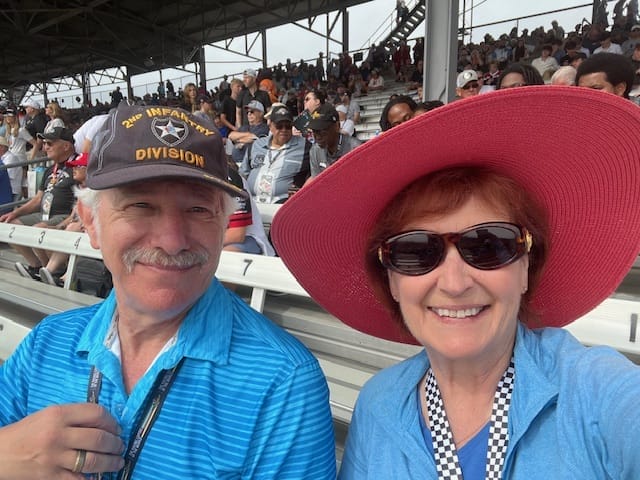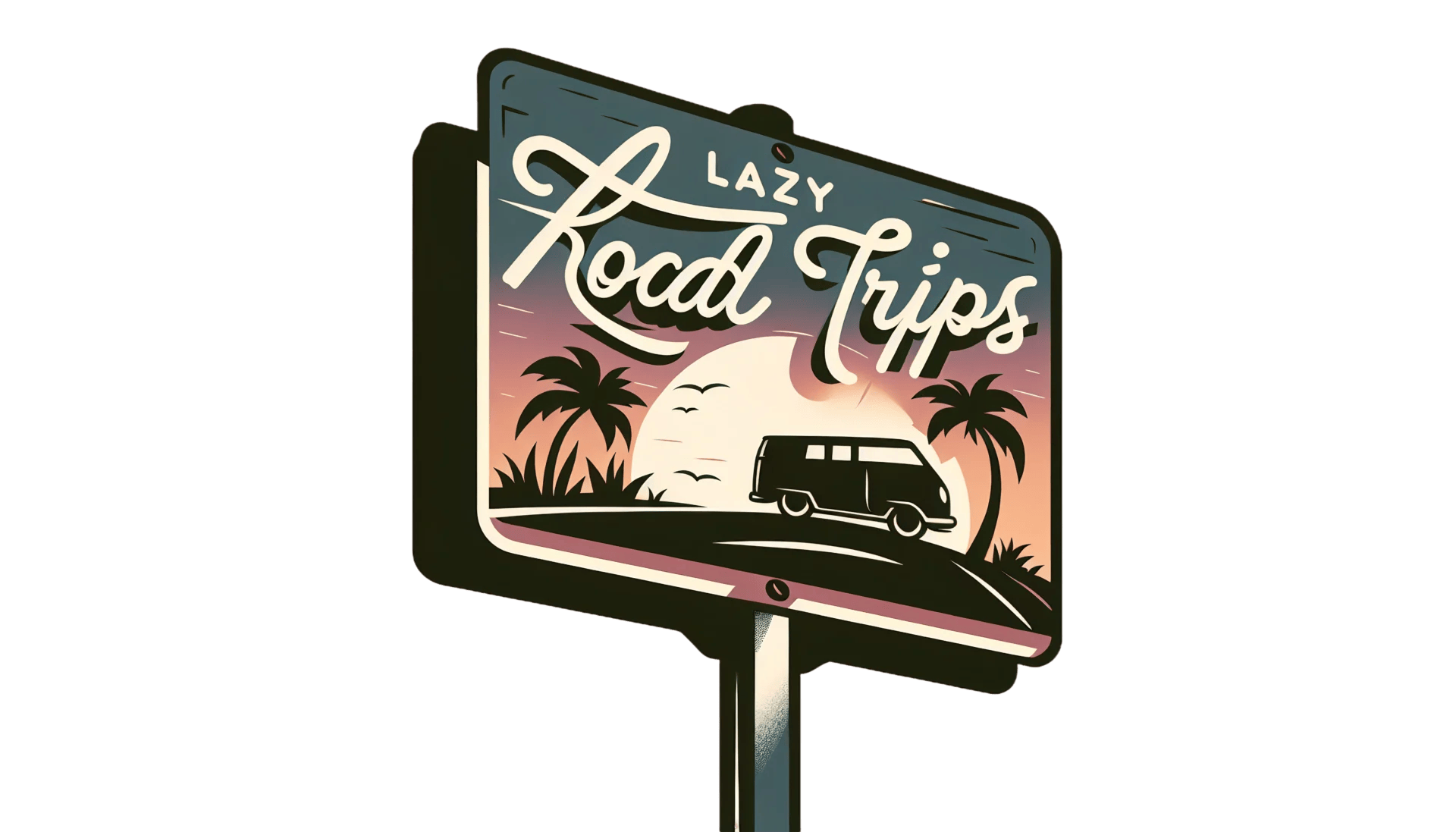I’ve spent 30 years on the road, living the RV life and helping others navigate its quirks. Extreme weather—especially heat—poses some real challenges, and a recent article got me thinking about how vulnerable RV and mobile home residents really are.
This post digs into the main points from that article and shares a bunch of practical tips. If you’re an RV enthusiast, you’ll want to know how to stay safe and comfortable when the temperatures soar.
Understanding the Heat Vulnerability of RV Residents
RV living brings freedom and adventure, but let’s be honest—it isn’t all sunsets and open roads. Heat can become a serious problem fast. RVs and mobile homes just don’t have the same insulation as regular houses, so the inside heats up quickly.
The Verde News reported that mobile home and RV residents are more vulnerable to heat. That’s something I’ve seen firsthand, and it’s not just uncomfortable—it can get dangerous.
Health Risks Associated with Extreme Heat
High temperatures can mess with your health in a bunch of ways. Here are a few of the big ones:
- Heat exhaustion
- Heat stroke
- Dehydration
- Respiratory issues
Older adults, kids, and folks with health conditions need to be extra careful. It’s worth taking some steps now instead of waiting for trouble.
Tips for Staying Cool in Your RV
There are plenty of ways to keep your RV cooler, even when the weather’s working against you. Here are some ideas that have actually worked for me and others on the road.
Optimize Your RV’s Insulation
Better insulation really helps. Try these:
- Put up reflective window coverings to block sunlight.
- Hang up thermal curtains or shades to slow the heat down.
- Use foam insulation in the walls or under the floor if you can swing it.
Utilize Ventilation and Air Conditioning
Ventilation matters more than people think. Don’t skip these steps:
- Add roof vents to let hot air out.
- Set up portable fans to move air around.
- Keep your A/C running efficiently by cleaning filters and checking for leaks now and then.
Choose Shaded Campsites
When you pick a campsite, look for natural shade. Parking under trees or rolling out your awning can make a surprising difference inside.
Hydration and Nutrition
Hydration is huge in the heat. Keep these in mind:
- Drink water all day, not just when you’re thirsty.
- Skip the alcohol and caffeine if you can—they dry you out.
- Snack on fruits and veggies for extra hydration.
Emergency Preparedness
Don’t wait for an emergency to get ready. Here’s what I recommend:
- Stock an emergency kit with water, electrolytes, and cooling packs.
- Learn the signs of heat-related illnesses and what to do if they show up.
- Figure out where you can get medical help if you need it, just in case.
Community and Support
Staying connected with other RVers helps, especially when the weather turns rough. Share tips, swap stories, or just check in. Some RV parks even have air-conditioned rec rooms where you can hang out and cool off.
Government and Local Resources
Keep an eye out for local resources. Some areas offer cooling centers or help with utility bills during heatwaves. It never hurts to ask around or check with local authorities.
Living in an RV? It’s definitely a unique and adventurous lifestyle. But let’s be honest—you’re more exposed to heat than folks in regular homes.
So what can you do? Try beefing up your insulation. Keep the air moving with good ventilation. Don’t forget to drink plenty of water, and think ahead in case of emergencies.
Want more details? Check out the full article on how mobile home and RV residents are more vulnerable to heat.

